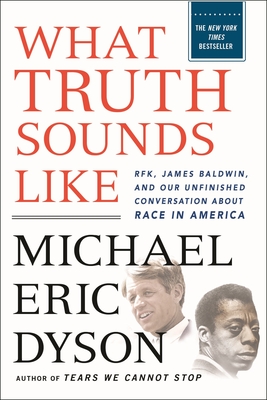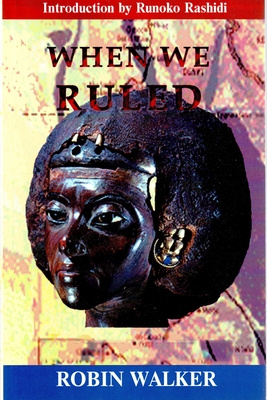
Dyson, Michael Eric
product information
description
onte) now finally in paperback An electrifying and traumatic encounter in the sixties crystallized the fraught conflict between conscience and politics - between morality and power - in addressing race. In 1963 Attorney General Robert Kennedy sought out James Baldwin to explain the rage that threatened to engulf black America. Baldwin brought along some friends, including playwright Lorraine Hansberry, psychologist Kenneth Clark, and a valiant activist, Jerome Smith. Kennedy walked away from the nearly three-hour meeting angry - that the black folk assembled didn't understand politics, and that they weren't as easy to talk to as Martin Luther King. But especially that they were more interested in witness than policy. But Kennedy's anger quickly gave way to empathy, especially for Smith. "I guess if I were in his shoes...I might feel differently about this country." Kennedy set about changing policy - the meeting having transformed his thinking in fundamental ways. Every big argument about race that persists to this day got a hearing in that room. And we grapple still with the responsibility of black intellectuals and artists to bring about social change. This book exists at the tense intersection of the conflict between politics and prophecy - of whether we embrace political resolution or moral redemption to fix our fractured racial landscape.
member goods
No member items were found under this heading.
Return Policy
All sales are final
Shipping
No special shipping considerations available.
Shipping fees determined at checkout.







